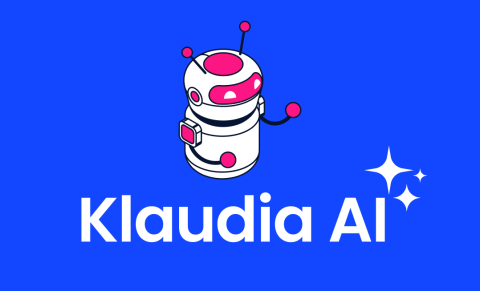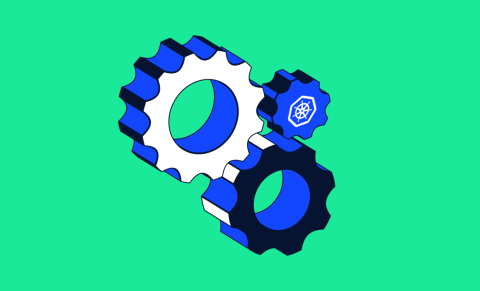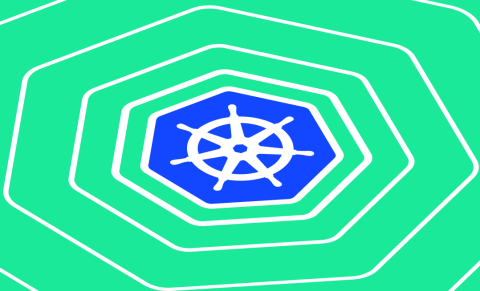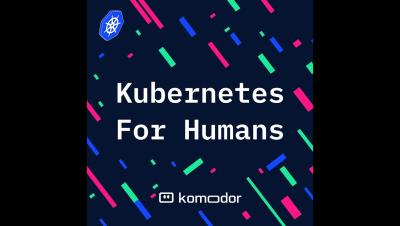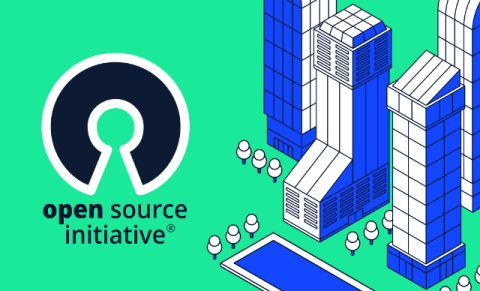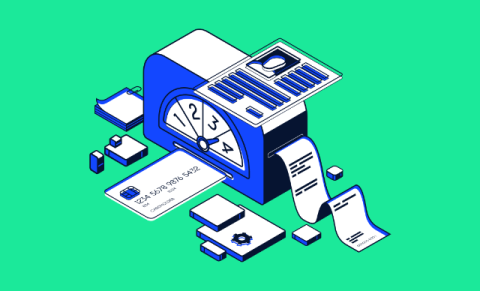GenAI Meets K8s: The Role of Generative AI in Overcoming Kubernetes Complexity
For years, the potential of AI in operations has been a hot topic, often promising more than it delivers. As Kubernetes environments grow increasingly complex, the limitations of traditional monitoring and troubleshooting tools become glaringly apparent. But with the rise of GenAI, a new question emerges: Is AI finally ready to transform the way we manage and optimize Kubernetes Operations?



